Why Inflation is Important for the Traders
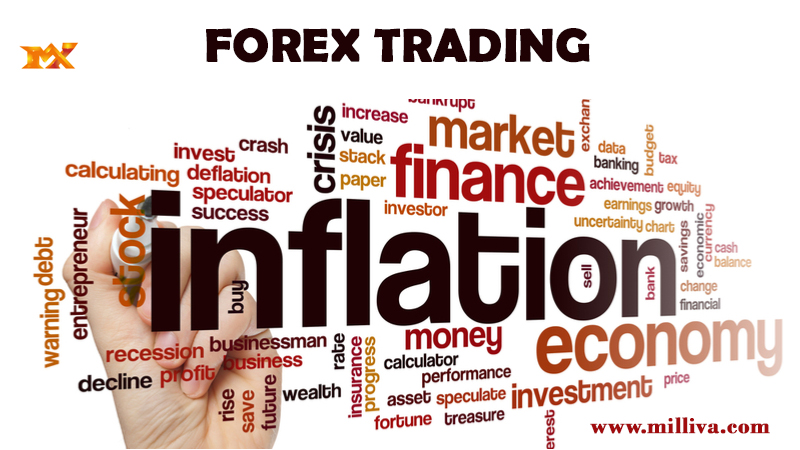
![]()
An investment strategy or trading technique known as an inflation trade aims to profit. On price increases caused by inflation or inflation forecasts.
What is Inflation Trade?
A widespread, ongoing tendency of rising prices from one year to the next known as inflation. The rate of inflation is a crucial economic concept. Because it illustrates the rate at which an investment loses real value over time. As well as the decline in expenditure or purchasing power. Additionally, inflation provides investors with the precise percentage return. That their investments must yield in order to preserve their quality of life.
Factors that Causes Inflation Rate
Demand growth (demand-pull inflation) and supply contraction (cost-push inflation) are two factors that might contribute to inflation:
Consumer-Driven Inflation
Prices increase when aggregate supply (the overall supply in a market) exceeds aggregate demand (the total demand in a market). A rise in consumer spending can caused by a variety of factors, including an increase in the money supply, decreased interest rates, higher salaries, increased government spending, or decreased taxes. Prices rise as a result of increased competition for the same amount of goods and services.
Price-Driven Inflation
Supply shocks, such as halted output or rising manufacturing costs, can also result in inflation. Natural disasters that disrupt production may cause this. As may the need for businesses to pay higher wages, greater import costs as a result of a devaluation, or a rise in VAT. Expectations of inflation, or ongoing inflation, are also significant because they can influence workers’ demands for higher pay and businesses’ decision to periodically raise the prices of their products and services, which in turn increases inflationary pressure.
How Does Inflation Impact Foreign Exchange?
Exchange rates are determined by the perceived attractiveness of one currency compared to another, which depends on a number of economic factors, including:
Economic expansion
Stability (of both the government and the economy)
Demand for a country’s goods and services, or the trade balance,
Rates of interest
Debt levels in the country
High inflation typically has a negative impact on a currency’s exchange rate since it can signal instability and have negative ripple effects on the trade balance, interest rates, and levels of national debt. However, low, stable inflation can be a sign of economic progress.
However, during times of high inflation worldwide, even a country with high inflation may witness a strengthening of its currency in comparison to an economy with even higher inflation.
All of this means that the most recent CPI or HICP inflation data is crucial information for FX trading.
Inflation Rate
Depending on the relative strength of other currencies at the time the numbers are issued, indications that inflation is growing above expected or acceptable levels are likely to have a negative impact on the currency’s exchange rate. They can also serve as a reliable predictor of whether politicians would enact the kind of policies mentioned above.
In anticipation of market moves and subsequent changes following the announcement and implementation of disinflationary measures, investors might position themselves appropriately.
The rate of inflation is particularly essential to traders when deciding whether to purchase or sell a currency. This is significant due to the importance of central banks in determining a country’s interest rates.
The central bank’s responsibility includes ensuring the price stability of a country’s products. As a result, as the rate of inflation rises, the central bank frequently raises interest rates. They do this in order to limit the total quantity of money.
This is mostly due to the fact that when interest rates are high, more people and businesses avoid borrowing. When this occurs, the local currency tends to strengthen since its supply is restricted.
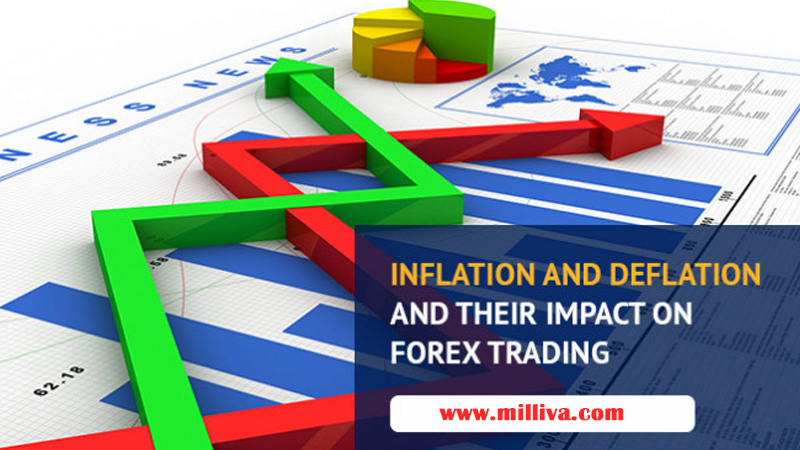
When inflation lowers, on the other hand, the central bank tends to cut interest rates. They do this to make money available to individuals and businesses. This leads to increased expenditure, which raises the rate of inflation. This, however, does not always occur.
For Example
During the 2008/9 financial crisis, the Bank of Japan cut interest rates in an attempt to boost inflation. When that didn’t happen, the bank opted to lower interest rates to negative territory. Even after doing so, the country’s inflation rate remained sluggish, despite increased economic development.
This is mostly due to the fact that the majority of Japanese prefer to save rather than spend.
As a result, the central bank is the primary reason why traders pay close attention to a country’s inflation rate. The local currency of a nation whose inflation rate is rising tends to gain since traders normally expect the central bank to tighten.
Similarly, the currency of a nation with low – and falling – inflation tends to remain lower since tightening by a central bank is very difficult under these conditions.
Arbitrage and Inflation Trades
In general, consumers must take into account how inflation may affect their consumption and investment portfolios. In economies that are growing, annual inflation rates might reach 2 to 3 percent. Therefore, wise investors would often take steps to maintain the value of their assets and shield them from the consequences of inflation. Many investors are recommended to add to or expand their exposure to TIPS during periods of rising inflation. TIPS provide investors with interest payments that rise and fall in line with inflation.
TIPS are often preferred over government bonds in investment portfolios during periods of rising inflation. Another category of cyclical stock sectors that investors frequently shift into when inflation-driven price increases are occurring is the technology sector. Overall, investors will be able to outperform inflation and increase their upside potential using inflation trade rotation in a portfolio.
Since data reports and economic trends can frequently predict inflation, it can present a chance for arbitrage trading using derivatives. In order to profit from wagers on price increases, an inflation trade can also be a specific kind of speculative arbitrage transaction. Different types of inflation trades are possible. In most cases, derivative contracts that guarantee returns from rising future prices are used in inflation trades. For inflation trades, bets on currency fluctuations and the dollar’s appreciation against other currencies are also acceptable.

Visit us on: www.milliva.com



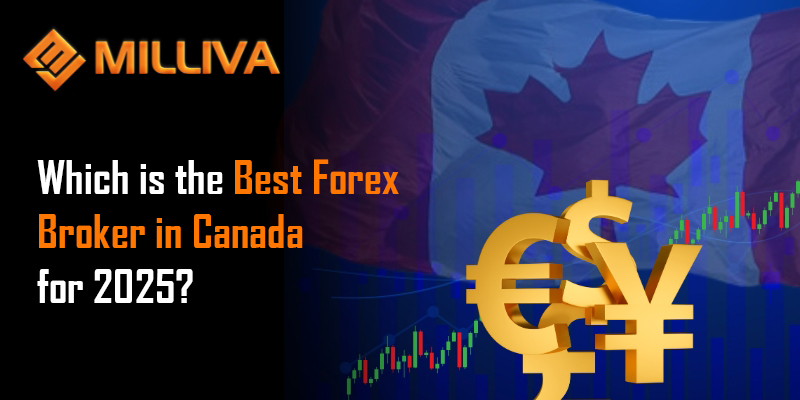
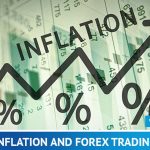
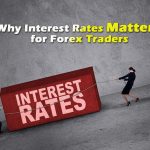
Factors That Affect the Forex Market
06th Jul 2022[…] monetary policy choices. Lowering interest rates increases the money supply, which leads to increased inflation. Tightening, on the other hand, entails restricting the amount of money available. In order to […]
US dollar performance throughout 2021
07th Jul 2022[…] things that might favorably effect a US dollar projection. However, the combination of Omicron and inflation concerns ensures that uncertainty persists. Let’s take a deeper look at some of the aspects […]